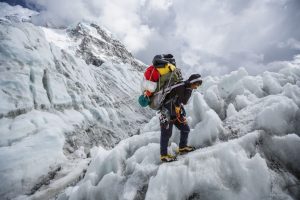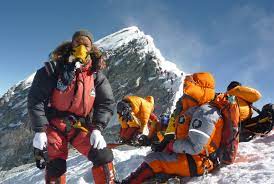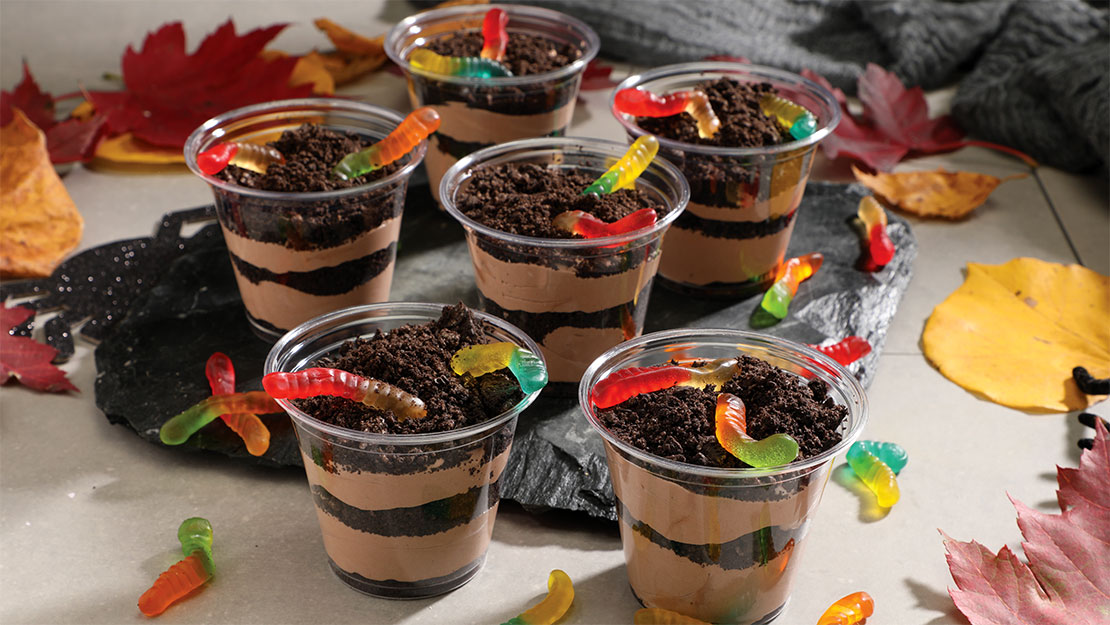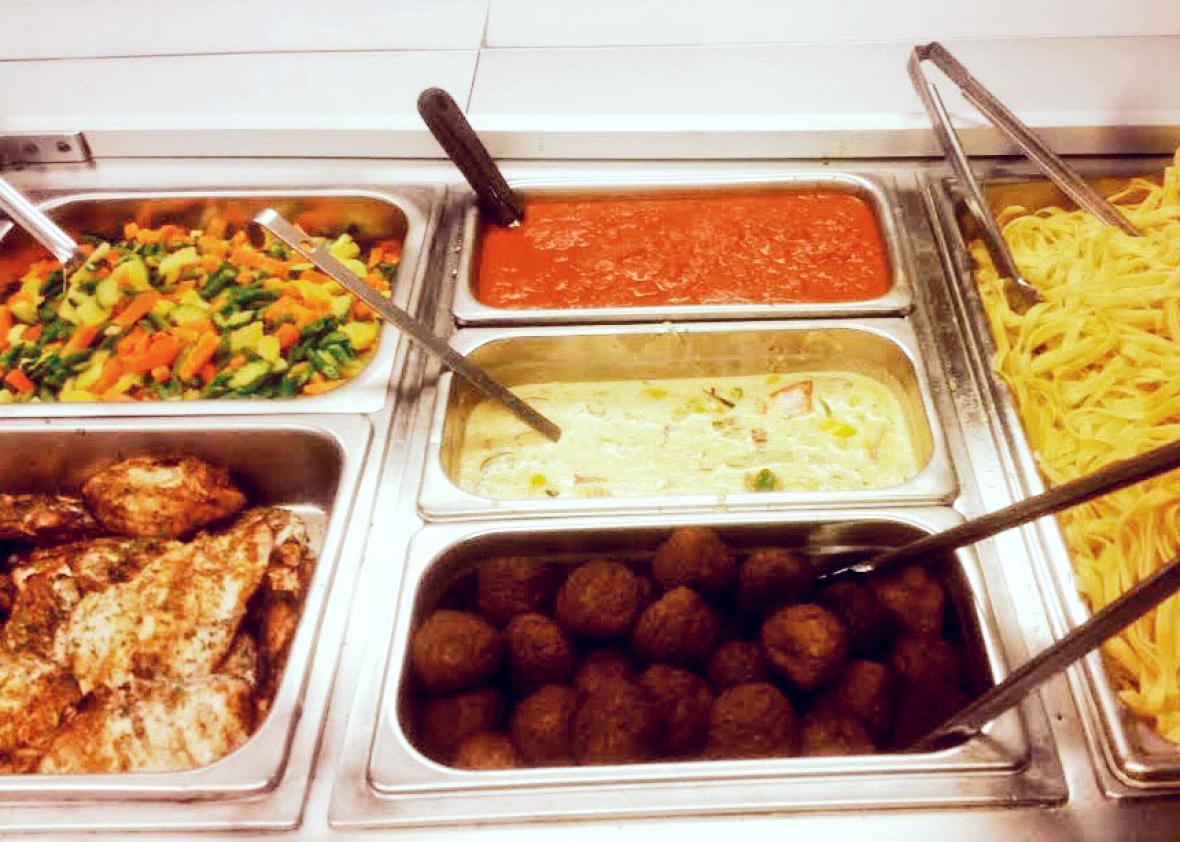Our historians are hard at work investigating primary sources, theories, and engineering blueprints about the Titanic! Take a look by clicking the link above!
Expedition Everest: the Amazing Athleticism of the Sherpa People
Today, our class learned about the extreme environment that is Mount Everest. Many people will travel to this mountain to try to climb to the summit. It is a treacherous and dangerous mission because of the extreme cold temperatures, lack of oxygen, unpredictable storms, and harsh and icy terrain. Even more impressive, however, are the Sherpa people who have been helping tourists climb the mountains for decades. The Sherpa people are a cultural group who live in and around Nepal. Many members of the Sherpa people are hired as guides for people looking to climb the mountain. The Sherpa will risk their lives to get enough money to pay for their family and children’s education, sometimes climbing the mountain up to 20 times! Many Scientists have called these Sherpa guides “superhuman athletes” because of their strength, perseverance, and heroism!


Would you ever consider climbing Mount Everest? Have you ever heard of the Sherpa community? Why do you think the stories we hear are often of tourists climbing the mountain, not the members of the Sherpa community?
Storytelling and Folktales: My Neighbor Totoro
Our class is continuing our analysis of Studio Ghibli films. The next film we are learning about is My Neighbor Totoro, which was made in 1988. This movie is animated by hand, which means that every movement of each character is hand-drawn. These movies can take up to 6+ years to make! According to an interview with an animator at Studio Ghibli: “We are still hand-drawing everything, but it takes us more time to complete a film because we’re drawing more frames,” he explains. “The current film that Hayao Miyazaki (from Studio Ghibli) is working on, we have 60 animators, but we are only able to come up with one minute of animation in a month. That means 12 months a year, you get 12 minutes worth of movie. Actually, we’ve been working on this film for three years, so that means we have 36 minutes completed so far. We’re hoping it will finish in the next three years.”
Below is the English trailer for My Neighbour Totoro:
Some discussion questions to chat about at home:
-Do you prefer animated, CGI, or live-action movies? Why?
-What folktales or fairytales did you hear as a child (ex: the Little Mermaid, forest spirits)?
-Have you ever watched any movies from Studio Ghibli?
History Mystery: Exploring the Titanic
Have you ever heard of the Titanic? We are going to be investigating what events, factors, and people might have caused this ‘unsinkable ship’ to be destroyed in 1912. The Titanic is still a fascinating topic, even over 100 years after it sank! Our first piece of evidence is this video from 1912, which shows the moments before the Titanic departed from the dock. What do you notice? What do you think people were thinking/feeling? If you could go back in time, what would you tell these people? Stay tuned for more evidence and theories about the HISTORY MYSTERY: TITANIC EDITION!
Life in the Coldest Village on Earth: Yakutia, Siberia
In our investigation of extreme environments across the globe, our class is learning about Yakutia. This village in the Sakha district of Siberia, Russia is considered to be the coldest place to live on Earth (excluding Antarctica, where people do not live permanently).
We are able to learn about life in this village from YouTubers such as KiunB who document their daily lives in this extreme climate. How is your life different or similar to the lives of people living in Yakutia?
Cold Climate Survival: Animals and Humans
When the weather is cold, most humans know that wearing layers of warm clothing is the key to survival. However, animals do not have this as a tool to survive in the extreme temperatures of the Arctic. This may include traditional or ceremonial regalia, such as the photo below (a person in traditional Yakut winter clothing):

This could also mean wearing layers of specially-designed fabrics like fleece, water/weather resistant Gor-tex, down-filled coats, or even fur:

So how do animals survive without all of these tools that humans have? Check out the video below to learn about animal adaptations:
April Fool’s Day: Ms. Ward’s Recipe for ‘Worms in Dirt’ Pudding
Today, the students were informed we would be layering mud and dirt and then adding worms. We discussed how dirt and worms benefit our Earth, and why so many humans are ‘grossed out’ by the idea.

However, the ‘worms, mud, and dirt’ were actually made of gummy worms, chocolate pudding, and cookie crumbs.
To make this ‘Worms in Dirt’ pudding at home, follow the recipe below:
In a cup or bowl, put a layer of chocolate pudding followed by a layer of crushed chocolate cookie crumbs. Repeat the process as many times as you want. Finish with a final layer of cookie crumbs. Then, add a few gummy worms to the top, poking out of the ‘dirt’. Enjoy!
Extreme Climates: ‘Frozen’ Food
Would you ever live in a freezing cold environment? For many people across the globe, Arctic climates are part of their daily life. Below are some photos of Scientists showing how quickly food can freeze over!

Above: Honey on toast, instant noodles, both frozen after only a minute or two outside.
Below: another example of foods freezing almost instantly, including an egg!

Extreme Climates: Arctic Survival
Our class is continuing to learn about how animals and humans survive in extreme environments. We are moving from Antarctica (South Pole) to the top of the globe (Arctic). Many animals call these extremely cold environments home, surviving and thriving even with little access to food and shelter. Check out the video below for some information about Arctic animals:
Extreme Environments: Antarctica in Focus
Would you ever consider living in Antarctica? This extreme environment is home to many Scientists from different countries who are investigating animal species, meteors and minerals, climate change, and carbon dating! One of the things these Scientists need to survive is access to food (especially since your body burns way more calories trying to keep itself warm)!
All foods have to be shipped down to Antarctica since no fruit or vegetables or livestock can grow there. This means the Scientists end up eating a lot of frozen, dried, pickled, or even expired/recycled food! However, the kitchens make many delicious things available including: homemade cookies, delicious pastas, fresh baked breads, and even 24-hour pizza!

Above: an example of a buffet at an Australian-run camp in Antarctica. Food options include pasta, soup, chicken, plant-based meatballs, and frozen/reheated vegetables. Occasionally, there will be shipments of fresh fruit and vegetables (called “freshies”), but most food is frozen and reheated or preserved.
Below: ‘leftover soup’, a mix of the last night’s dinner, is served for some meals. No food is wasted in Antartica, since you cannot run out to a store and buy more!

To learn more about this freezing, desert continent, watch the video below:
